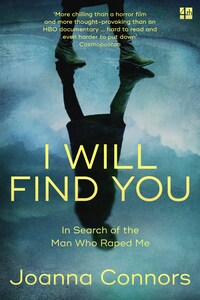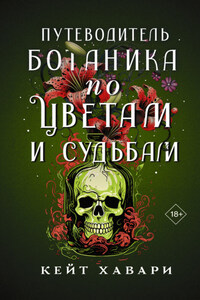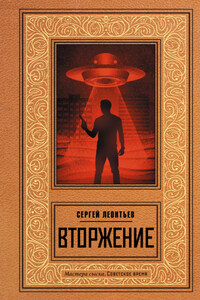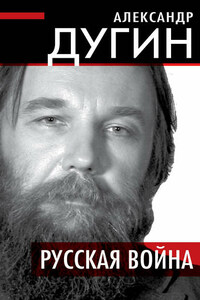I Will Find You
JOANNA CONNORS
4th Estate
An imprint of HarperCollinsPublishers
1 London Bridge Street
London SE1 9GF
www.4thestate.co.uk
This eBook first published in Great Britain by 4th Estate in 2016
First published in the United States in 2016 by
Atlantic Monthly Press, an imprint of Grove Atlantic
Copyright © 2016 by Joanna Connors
Cover photo © Mark Owen / Trevillion Images
Joanna Connors asserts the moral right to be identified as the author of this work
A catalogue record for this book is available from the British Library
Epigraph quote by James Baldwin from “As Much Truth As One Can Bear,” The New York Times (January 14, 1962). Quote on p. 76 from Ovid’s Metamorphoses, translated by Rolfe Humphries (Indiana University Press, 1955), 146–48. Quote on p. 115 by James Baldwin from “Lorraine Hansberry at the Summit,” Freedomways 19:4 (1979) 269–72.
Every effort has been made to trace copyright holders and to obtain their permission for the use of copyright material. The publisher apologizes for any errors or omissions and would be grateful if notified of any corrections that should be incorporated in future reprints or editions of this book.
Cover design by Jonathan Pelham
All rights reserved under International and Pan-American Copyright Conventions. By payment of the required fees, you have been granted the non-exclusive, non-transferable right to access and read the text of this e-book on-screen. No part of this text may be reproduced, transmitted, down-loaded, decompiled, reverse engineered, or stored in or introduced into any information storage and retrieval system, in any form or by any means, whether electronic or mechanical, now known or hereinafter invented, without the express written permission of HarperCollins
Source ISBN: 9780007521869
Ebook Edition © April 2016 ISBN: 9780007521876
Version: 2017-02-20
For Dan and Zoe, beloved And for Chris, who went through it with me
It’s no surprise that the term “Rashomon effect” comes from a movie about a rape and murder. Akira Kurosawa’s masterpiece (based on the work of Ryūnosuke Akutagawa) tells the story of a violent encounter in the woods through the testimony of four characters. Each one recounts a different version of what happened—including the murdered samurai, who testifies through a medium.
“Rashomon effect” has become shorthand for the way perspective can alter memory. Neuroscientific research suggests that memory is not solid. It is capricious and highly susceptible to outside influence, and changes with each retrieval from the brain.
The addition of trauma makes memory the ultimate unreliable narrator of our own past.
I fact-checked my memories in this book with as much evidence as possible, including stacks of documents, dozens of recorded interviews, and my own journals.
But I also relied on my memories. Others who experienced this trauma may, like the woodcutter or the wife in Rashomon, have other perspectives and other stories to tell. To honor their privacy, I have changed the names of some of the people in this book, and changed characteristics that might identify them.
“Not everything that is faced can be changed, but nothing can be changed until it is faced.”
—James Baldwin
I was thirty years old when I left my body for the first time.
When it happened, I had not taken any drugs, not for a couple of years. I was sober, it was the middle of the day, I was working, and I did not believe out-of-body reports any more than I believed a man could bend a spoon with his mind.
I worked for a newspaper, where facts mattered and skepticism was essential, and I tried to develop the cynicism I saw in older reporters while praying no one would figure out I was a fraud who had no business being in a newsroom.
I had just moved to Cleveland from Minneapolis to start work at The Plain Dealer, the city’s daily paper, and, as it proclaimed in the front-page banner, “Ohio’s Largest Newspaper.” It was my second job in what amounted to the family trade. My grandfather had worked at The Knickerbocker News in Albany, New York, my father was a reporter and editor at the Miami Herald when I was a girl, and I had worked at the Minneapolis Star (now the Star Tribune) before going to Cleveland.
I had resisted following in my father’s wake until I was nineteen. I didn’t want his career. By then, he was a magazine editor, and I was determined to separate myself from everything about my parents and their suburban lives. On visits home, I used the term “bourgeois” a lot. I was very young.
The only reason I walked into my college newspaper to ask for a job was because my sister Nancy worked there and told me they paid ten cents a column inch. I found my career and met my husband in that little basement newsroom, where I discovered that newspaper work takes you places you’d never get to go otherwise, and introduces you to people you would never come near without a press pass. Even better, newspaper people know how to have fun. I learned that early in life, when I was seven years old and my parents had a








